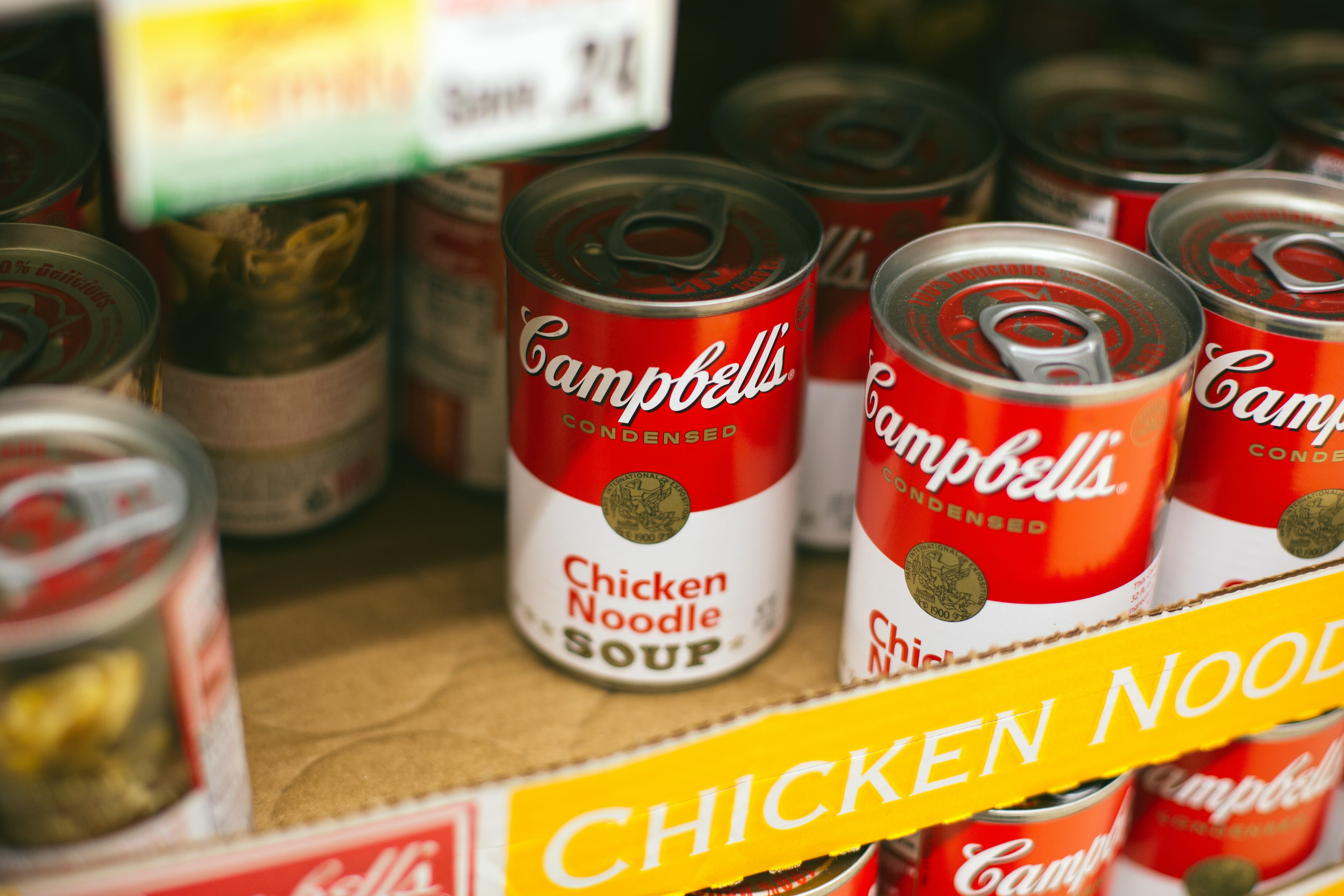
Photo by Calle Macarone on Unsplash
From classism to community: Consider the poor, forgotten this Thanksgiving
Rev. Dr. Jini Kilgore Cockroft
November 26, 2019
In the United States, conscientious Christians can find many charitable organizations to which one can give both financially and in-kind: the local rescue mission, food pantry, free clinic or clothing drive; the local church’s Thanksgiving dinner for homeless people or baskets for needy families; and other groups that solicit contributions by way of mail, telephone and Internet.
After having given, most Christians feel that we have done something good, something truly worthy. Our sense of having done justly and loved mercy (Micah 6:8) is enhanced, and we look forward to hearing Jesus say, “Well done, good and faithful servant” (Matthew 25:21).
But what about the recipients of the gifts? When they have eaten the Thanksgiving meal and received the clean clothing from the shelter, what comes next? Are they any better off? Are their needs truly met? Or are they still marginalized, disconnected and on the outside looking in? Will they — God forbid — still be lost?
The Body of Christ should boldly claim that the church can offer far more than charitable gifts once or twice a year. We can welcome the poor into our midst, offering the opportunity to achieve a genuine sense of self-worth and equality, as well as inclusion through personal salvation and fellowship in a loving Christian community. Except, of course, when we fail to live up to our calling.
My discomfort with classism began before I had an idea of the word or its meaning. I was born into the home of a pastor and an educator, and our church was in the heart of Harlem in New York City. When I was 5 years old, our family moved to a lovely suburban neighborhood in Queens, where our neighbors were other middle-class professionals. My own parents were college-educated professionals, in contrast with most of our Harlem church members, who were blue-collar workers. My first friend in that church lived with her family of seven in a two-bedroom apartment in a walk-up tenement.
Thus, I lived in two worlds, but without understanding the distinctions. I had friends, though, who understood that Harlem and Queens were not the same. This became real for me when my best friend from Queens looked down on my best friend from Harlem. This was the first time I felt tension related to differences in social status.
When I was a teen, my father was called to pastor a church in Los Angeles, renowned for its highly educated and professional congregation. I immediately struck up a friendship with a girl who reminded me of my friend from Harlem. She lived in the LA equivalent of “the projects” in New York. One Sunday a prominent member of the church, observing that this girl and I had become pals, pulled me aside and said, “You don’t want her for a friend. You need to be friends with my granddaughter.”
I still did not know what the word classism meant, but I knew that my new friend was not on the adolescent A-list among some class-conscious members of the church. Although I did not heed their message, I did understand it. What’s more, I would come to learn that the prejudice that classism fosters is a two-headed ogre of both high and low caste. Whether inside or outside of God’s church, individuals from both the high and the low disdained one another.
A study of classism within the church is more than a discussion about prejudice, the negative bias toward another person or group. Though prejudice may be a byproduct of classism, it is not, itself, classism, for classism implies the power to exclude others based upon one’s prejudice toward them. A church that consciously or unconsciously excludes persons who are deemed lower class than the church members practices classism.
In this Thanksgiving season, let us remember that the church has the power and responsibility to restore, empower and include the poor and forgotten. Prayerfully consider how to de-emphasize social class distinctions while learning instead to affirm and embrace the concept of the imago dei, the belief that all humans are made in the image of God.
Jini Kilgore Cockroft is an ordained American Baptist minister. Adapted from “From Classism to Community: A Challenge for the Church” by Jini Kilgore Cockroft (Valley Forge, PA: Judson Press, 2016, 1–4, 11–12). Used with permission of the publisher.
The views expressed are those of the author and not necessarily those of American Baptist Home Mission Societies.


